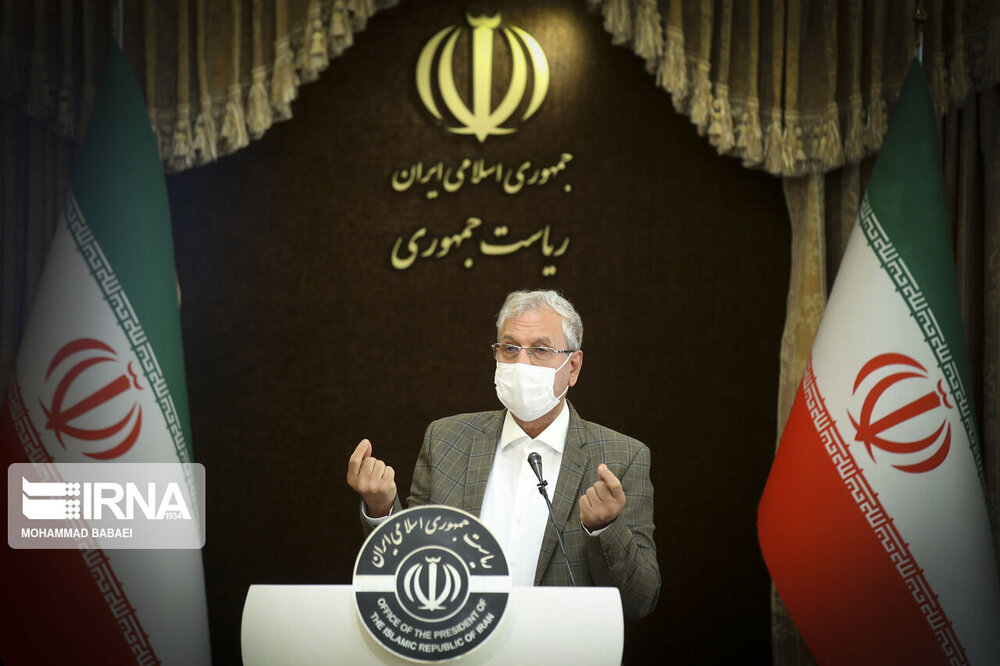Tehran urges Europe to honor JCPOA duties instead of voicing concerns

TEHRAN — Government spokesman Ali Rabiei has said that Iran cannot be the only party that fulfills its commitments under the Joint Comprehensive Plan of Action (JCPOA), urging the European parties to the deal to return to their commitments instead of expressing concerns about it.
Speaking at a press conference on Tuesday, Rabiei stated that Iran is entitled to complain about the breach of obligations by the United States and Europe.
The JCPOA will be kept only if all parties remain committed, he highlighted, according to Iran Press.
“Iran’s remedies have been based on its legitimate law (Paragraph 36), and if parties return to their commitment, Iran will halt its scale-backs too,” the spokesman added.
Exactly one year after the U.S. quit the deal and imposed sanctions on Iran, the Islamic Republic started to gradually reduce its commitments based on Paragraph 36 of the JCPOA.
(Paragraph 36 provided a mechanism to resolve disputes and allows one side, under certain circumstances, to stop complying with the deal if the other side is out of compliance.)
Iran took this decision after the Europeans failed to compensate Iran for the sanctions.
In order to save the JCPOA, Rabiei went on to say, France and other European parties must fulfill their commitments and do their best to lift the sanctions.
“Europeans should point their finger at the guilty party rather than the oppressed one (Iran),” he concluded.
Under the Donald Trump administration, the United States imposed the “harshest ever sanctions” against Iran in order to force Iran to negotiate a new nuclear agreement, after Trump withdrew the U.S. from an already working nuclear deal that was signed in 2015 under his predecessor Barack Obama.
The Trump administration has also escalated tensions with Tehran by imposing sanctions on Iran’s top officials, including Zarif, and top state bodies, including the Islamic Revolution Guards Corps (IRGC) and the office of the Leader of the Islamic Revolution Ayatollah Ali Khamenei.
Trump’s so-called “maximum pressure” policy against the Islamic Republic reached its peak with the assassination of Iran’s top anti-terror commander, Qassem Soleimani, on January 3 of this year – a move that prompted Iran to attack the United States Ain al-Assad airbase in Iraq, where the assassination had taken place.
Iran has also occasionally criticized the three European parties to the deal for their inaction in the face of the U.S. government’s sanctions.
MH/PA
Leave a Comment